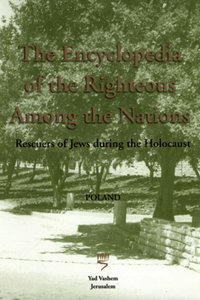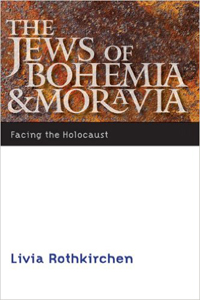Welcome to the sixth issue of Teaching the Legacy, the e-newsletter of the International School for Holocaust Studies at Yad Vashem. This issue focuses on Holocaust poetry, and should be of particular interest to English language and literature teachers. The main article covers the subject of Holocaust poetry and its value in the classroom. Accompanying the article is a lesson plan on a specific poem – “Refugee Blues” by W.H. Auden. The e-newsletter also includes a section of book reviews, as well as updates on recent events and new services in the “What’s New” sections. We hope you will find this newsletter of interest and we look forward to your feedback.
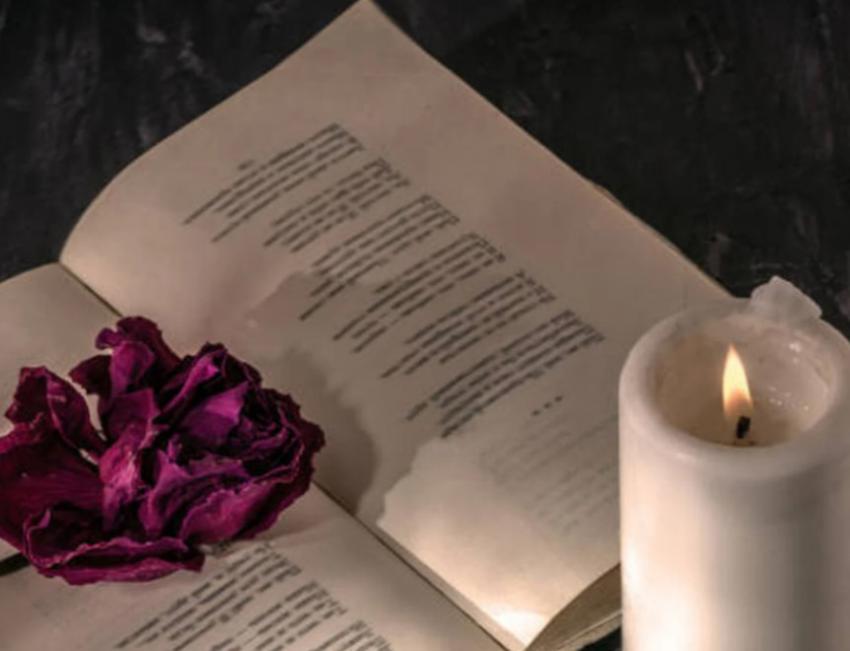
The Value of Holocaust Poetry in Education
The Human Spirit in the Shadow of Death
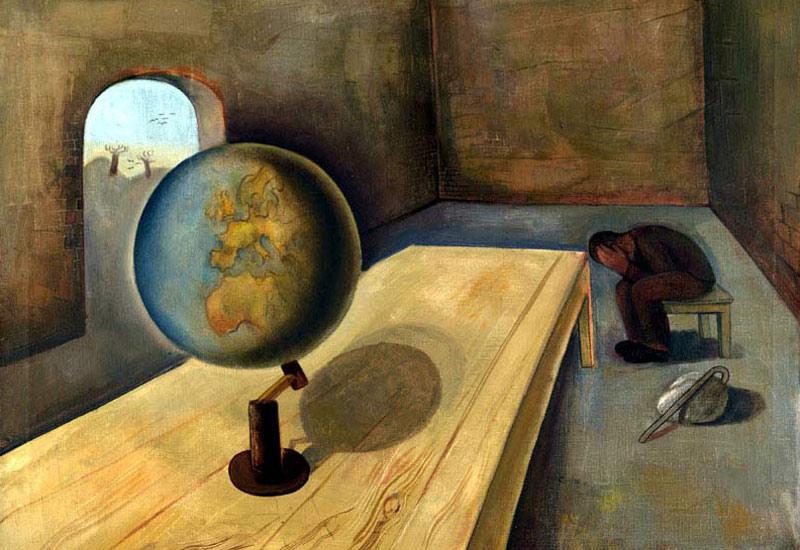
Teaching the Holocaust Through Poetry
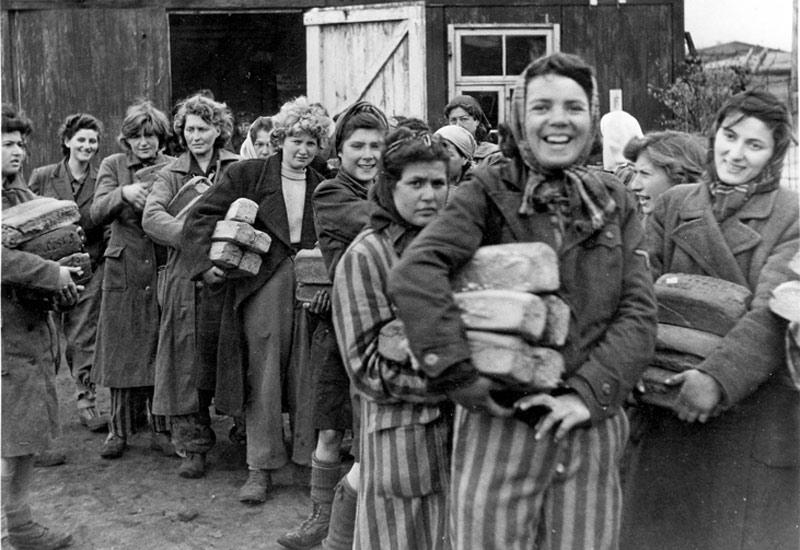
Remembering Liberation: Holocaust memorial ceremony
Duration: 20 minutes
This ceremony focuses on the complexities of liberation, the shock of the Allied troops at what they saw, and the intermingled joy and deep grief of the rescued survivors.
Towards the end of World War II, advancing Allied forces from east and west began discovering first-hand the horrendous scope of Nazi atrocities – hundreds of concentration and extermination camps in which prisoners had been abused in every way imaginable. For those Jews still alive in these camps, liberation meant the end of a deadly, repressive, and...
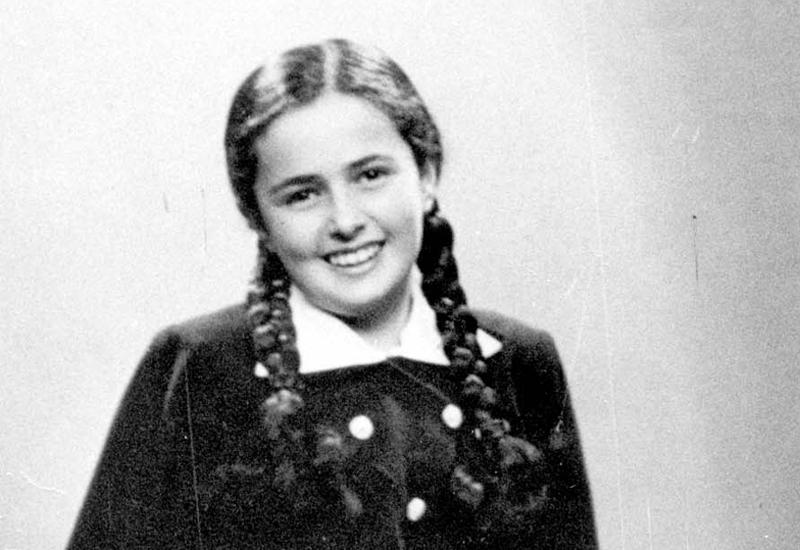
Dear Diary, I Don't Want to Die: Holocaust memorial ceremony
Duration: 20 minutes
One-and-a-half million Jewish children were murdered in the Holocaust, the majority of them with no one to perpetuate their memory or even their names. This ceremony highlights excerpts from the diaries of three Jewish children, as well as poems and memoirs.




